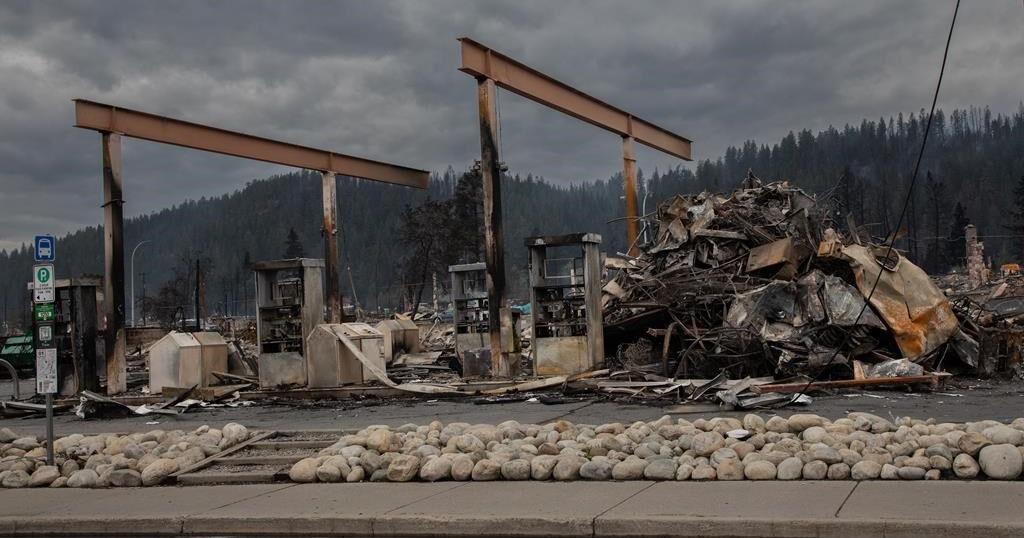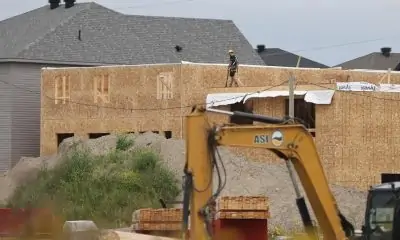TORONTO – A coalition of disability rights organizations has launched a Charter challenge against a part of Canada’s law on medical assistance in dying, calling it an “abandonment” of people with disabilities.
The group announced Thursday that it had filed a notice of application to challenge what’s known as track two of the MAID law, which it argues has resulted in premature deaths.
Under the law, patients whose natural deaths are not reasonably foreseeable but whose condition leads to intolerable suffering can apply for a track-two assisted death. Track one, in contrast, involves MAID applications from those whose natural death is reasonably foreseeable.
The group alleges some people with disability are seeking assisted death due to social deprivation, poverty and a lack of essential supports. It argues MAID should only be available to those whose natural death is reasonably foreseeable.
“A law that allows people with disabilities to access state-funded death in circumstances where they cannot access state-funded supports they need to make their suffering tolerable is grossly disproportionate,” the coalition claimed in its filing against the federal government in Ontario’s Superior Court.
“There is no deprivation that is more serious and more irrevocable than causing someone who is not otherwise dying to die.”
The office of the Attorney General of Canada did not immediately respond to requests for comment.
The coalition behind the challenge includes national disability rights organizations Inclusion Canada, the Council of Canadians with Disabilities, Indigenous Disability Canada and the Disabled Women’s Network of Canada. It also includes two individual plaintiffs.
Krista Carr, executive vice-president of Inclusion Canada, said track two of MAID has shown that people with disabilities need to be far better supported.
“The law has led people with disabilities ending their lives with so much life left to live because Canada has failed and refuses to provide the support they need,” she said at a news conference where the groups detailed their legal challenge.
“This isn’t compassion. It’s abandonment.”
The group does not oppose MAID at large, but is against the specific track two part of the law because it “singles out” people with disabilities, Carr argued.
The coalition alleges in its legal application that because track two does not require treatment options to be exhausted before accessing MAID, it may “incentivize death” over other options for people with disabilities.
“Death should not be a solution for disabled people who experience intolerable suffering but are otherwise not at the end of their lives,” it argued.
Carr said there are deeper systemic issues people with disabilities face that the government should address, such as a lack of accessible housing, limited employment opportunities and discrimination in the health-care system.
“What we need is a right to readily available disability supports and funding, not a quick and readily available pathway to a state-funded death,” Carr said.
Heather Walkus, national chair of the Council of Canadians with Disabilities, said the government needs to do more to listen to people with disabilities.
“People with disabilities are being not just pushed to the margins, but driven off the cliff unless services and supports are in place,” she said in an interview.
Walkus, who has multiple sclerosis and vision loss, said she recently sought treatment for a hip injury and was asked by a medical professional, unprompted, if she’d considered accessing MAID – something she found “stunning.”
“I don’t suffer because of my disability,” Walkus said. “It’s other people’s perceptions, it’s the physical environment, the attitudinal environment, the policies and the support services, or lack of them – that’s what disables me and puts me in a position of suffering, not my disability.”
This report by The Canadian Press was first published Sept. 26, 2024.

























